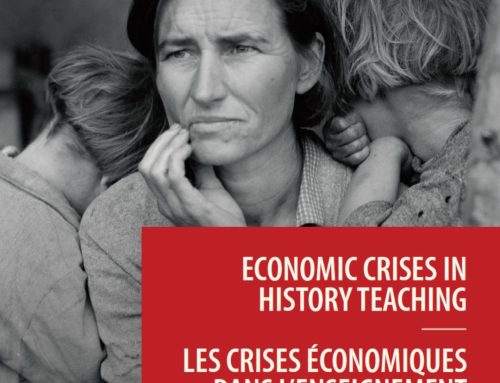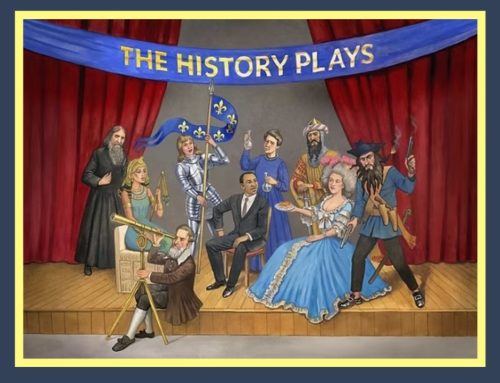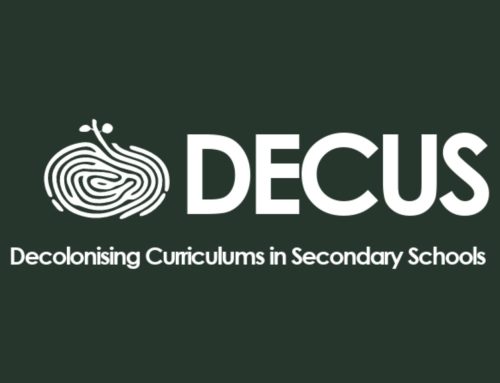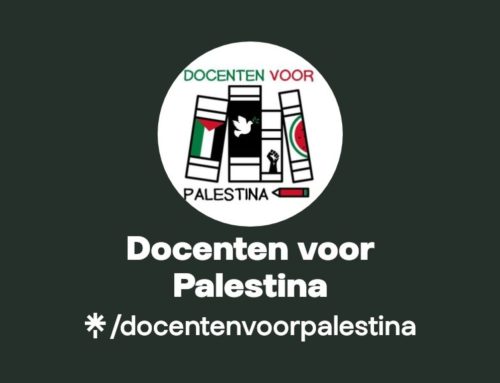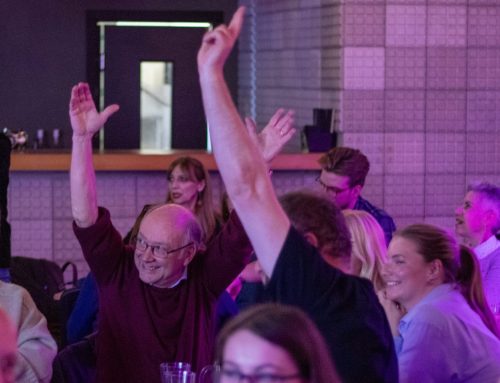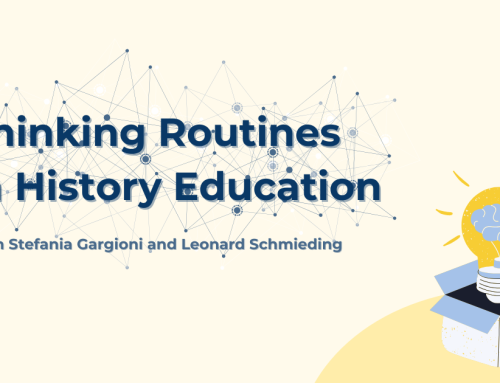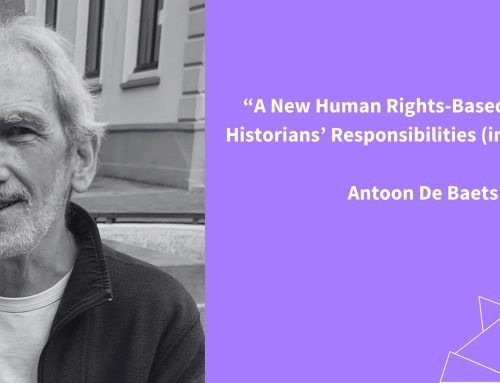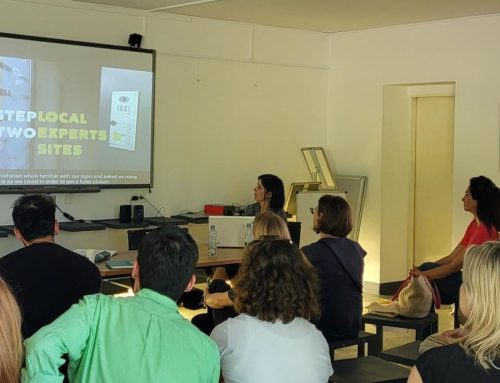From 15-17 October 2015, EuroClio participated in the conference ‘20th Century Mass Graves. Witnesses of violence, sources of history’ in Tbilisi, Georgia. The conference was organized by DVV-International, in cooperation with the Ruhr-University Bochum and supported by the VolkswagenStiftung. About forty participants from different countries had come to the conference to share their experiences and expertise in working with the topic of mass graves, and to share their experiences about how to cope with the impact of mass graves on both past and present-day society and about meeting the attitudes of official state bodies about this particular topic. During this conference EuroClio was represented by three ambassadors: Iryna Kostyuk (All-Ukrainian Association of Teachers of History and Social Studies ‘Nova Doba’ , Ineke Veldhuis-Meester (independent expert, The Netherlands) and Miloš Vukanović (History Museum of Montenegro/HIPMONT). On the second day of the conference, EuroClio contributed in a panel discussion around the topic ‘Teaching sensitive history – challenges and experiences’.
During the panel discussion, Ineke Veldhuis-Meester gave an overview of EuroClio’s work and mission, and an introduction to the topic of how to teach about sensitive history. She gave the floor to the two ambassadors who could elaborate on their experiences in this field. First Miloš Vukanović gave a presentation about the challenges of teaching about difficult topics within the history of former Yugoslavia. Then Iryna Kostyuk focused on the way historians and educators in Ukraine deal with difficult subjects of twentieth-century Ukrainian history. Following the three presentations, there were some questions to open the discussion with the audience. The audience joined in the discussion and gave the panel some critical answers and new input. What became most clear during the discussion was how challenging it is to find an approach in history education in the case of such heavy and still so vivid history. As long as there is often no recognition of what harm was done to the society, the task to teach about it will remain a challenging one.



